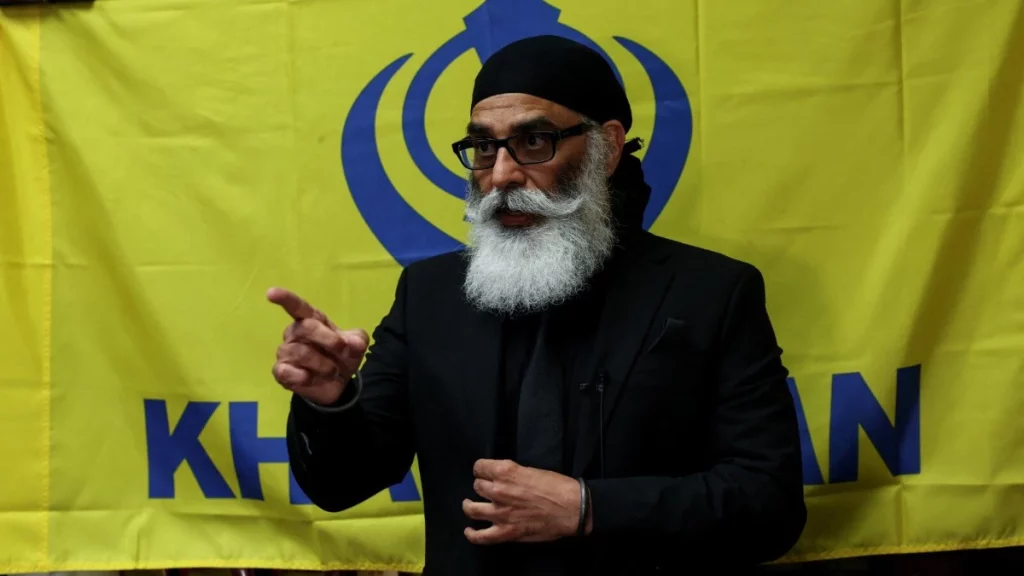India Urges U.S. to Label Sikh Separatist Group SFJ as Terrorist Organization

India has asked the United States to designate a Sikh separatist group as a terrorist organization, according to an Indian government source on Tuesday. This request follows more than a year after the U.S. revealed it had disrupted a plot linked to India to assassinate a leader of the group on U.S. soil.
In November 2023, the U.S. disclosed the plot and later charged a former Indian intelligence officer for orchestrating an attack on Gurpatwant Singh Pannun, a U.S.-Canada dual citizen and legal adviser to Sikhs for Justice (SFJ). This event strained the growing diplomatic relationship between India and the U.S. India denied any official involvement in the plot, formed a committee to investigate Washington’s claims, and announced in January that the panel had recommended legal action against an unnamed individual.
The Indian request to have SFJ labeled as a terrorist organization was made during discussions between Indian Defence Minister Rajnath Singh and U.S. National Intelligence Director Tulsi Gabbard, as revealed by the Indian government source, who asked to remain anonymous due to the sensitive nature of the talks. Indian media outlets have also reported on the request.
Founded in 2007, SFJ advocates for referendums to establish an independent Sikh state, Khalistan, within Hindu-majority India. In 2019, India declared SFJ an “unlawful association” for promoting extremist and separatist activities, and in 2020, Pannun was designated as an “individual terrorist.”
India has been involved in a diplomatic dispute with Canada following the killing of another Sikh separatist in June 2023. SFJ has rejected India’s allegations. Pannun responded by questioning who the real terrorist is, asserting that SFJ is simply pushing for a peaceful and democratic referendum for Khalistan while accusing India’s Prime Minister Narendra Modi’s government of violent repression and assassination plots against Khalistan supporters.
The Indian Defence Ministry declined to comment, and a U.S. Embassy spokesperson referred to a previous statement about the talks between Singh and Gabbard, which emphasized the strengthening of security ties but did not mention SFJ. Gabbard’s team and the Office of the Director of National Intelligence did not respond to requests for comment.
At a geopolitics conference in New Delhi on Tuesday, Gabbard spoke about hearing from Indian officials regarding the “serious concerns” about their security interests but did not provide additional details.
